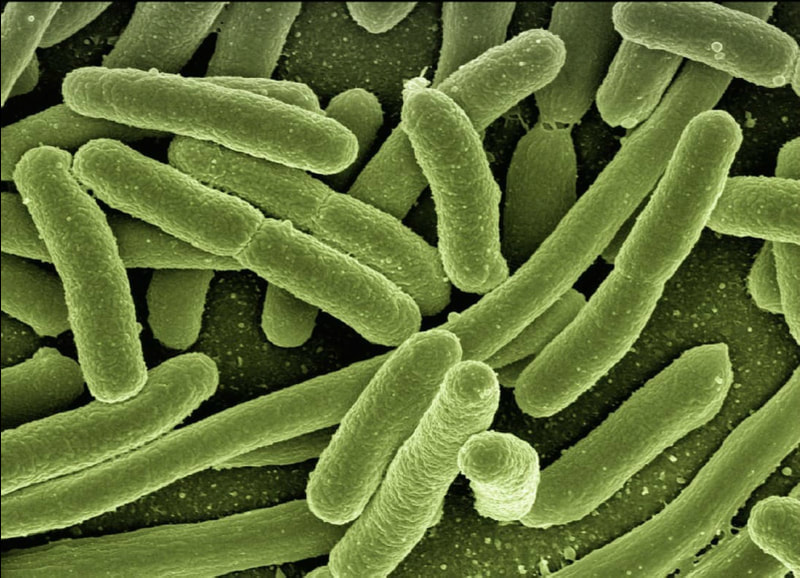The Necessity of Breakfast in the Context of Obesity
The snooze alarm was hit one or three too many times, the car is covered in ice, and now, being on time to school or work is out of the question. Something has to be cut out of the morning routine, and for many people, that happens to be breakfast. This is far from an uncommon phenomenon - a 2011 survey found that 31 million, or 10%, of Americans do not eat breakfast. This is most prevalent in people aged 18 - 34, and cited causes include not having time and not having any appetite. In consideration of this, why is breakfast still considered the most important meal of the day?
A recent study examined the responses of subcutaneous abdominal adipose tissue to six weeks of skipping breakfast among lean and obese subjects. Located under the skin and stores fat around the stomach area, this type of tissue regulates metabolism, inflammation, and hormone production. As a result, it is very sensitive to changes in dietary patterns, including fasting and eating. For the purposes of this study, skipping breakfast was considered to be a fasting activity. This study was intended to look deeper into what causes adipose tissue to change in response to food intake tendencies.
Participants, aged 21 to 60 years old, were required to fast for ten hours overnight for six weeks. One group of subjects (representing people who regularly eat breakfast) was requested to eat before 11AM, while the other group (representing people who do not eat breakfast) was prohibited from eating or consuming any drinks, aside from plain water, until after 12 PM. Throughout this period, participants’ glucose levels were constantly monitored to ensure they were following the dietary plans, and some of their adipose tissue was removed for molecular observation. From there, researchers could study how protein content, mRNA activity in protein creation, and gene expression changed within the tissues. Previous research has demonstrated that people who are obese are less efficient at using glucose, a major component of food that is often converted into energy.
A recent study examined the responses of subcutaneous abdominal adipose tissue to six weeks of skipping breakfast among lean and obese subjects. Located under the skin and stores fat around the stomach area, this type of tissue regulates metabolism, inflammation, and hormone production. As a result, it is very sensitive to changes in dietary patterns, including fasting and eating. For the purposes of this study, skipping breakfast was considered to be a fasting activity. This study was intended to look deeper into what causes adipose tissue to change in response to food intake tendencies.
Participants, aged 21 to 60 years old, were required to fast for ten hours overnight for six weeks. One group of subjects (representing people who regularly eat breakfast) was requested to eat before 11AM, while the other group (representing people who do not eat breakfast) was prohibited from eating or consuming any drinks, aside from plain water, until after 12 PM. Throughout this period, participants’ glucose levels were constantly monitored to ensure they were following the dietary plans, and some of their adipose tissue was removed for molecular observation. From there, researchers could study how protein content, mRNA activity in protein creation, and gene expression changed within the tissues. Previous research has demonstrated that people who are obese are less efficient at using glucose, a major component of food that is often converted into energy.
Image Source: Daria Shevtsova
After observation, it became evident that for lean individuals, genes that respond to fat tissue and allow this tissue to be used in the body became more active after skipping breakfast. On the other hand, the activity of these genes was not altered in the obese research subjects. In obese people, less glucose was taken in from the tissues than in lean individuals, an adaptation that is thought to prevent the formation of excess fat.
Overall, for people of a healthy weight, it appears more advisable to have breakfast regularly so that glucose will continuously be used. In obese individuals, body mechanisms that respond to the overweight status suggests that it is less consequential to skip breakfast. To prevent development of adipose tissue beyond what is already present, however, it may be advisable to take weight-loss measures because the body’s metabolism is less capable of responding to dietary changes in overweight people. Therefore, for lean people, breakfast is an important meal to start the day, but for obese people, the priority should be working toward a healthy weight.
Overall, for people of a healthy weight, it appears more advisable to have breakfast regularly so that glucose will continuously be used. In obese individuals, body mechanisms that respond to the overweight status suggests that it is less consequential to skip breakfast. To prevent development of adipose tissue beyond what is already present, however, it may be advisable to take weight-loss measures because the body’s metabolism is less capable of responding to dietary changes in overweight people. Therefore, for lean people, breakfast is an important meal to start the day, but for obese people, the priority should be working toward a healthy weight.
Featured Image Source: Aphiwat chuangchoem
RELATED ARTICLES
|
Vertical Divider
|
Vertical Divider
|
Vertical Divider
|






